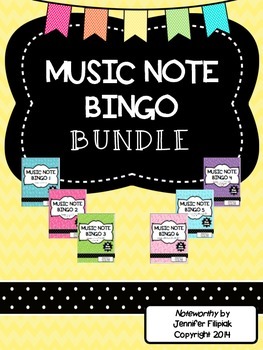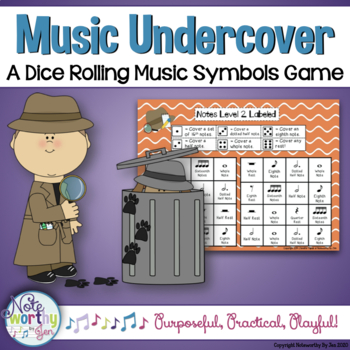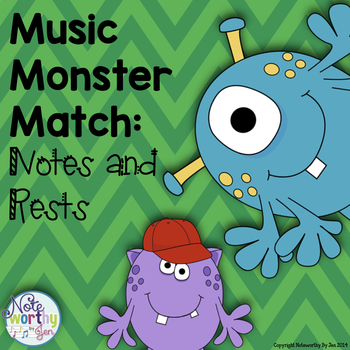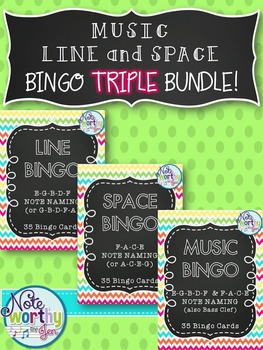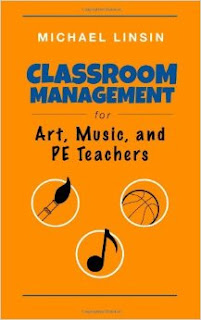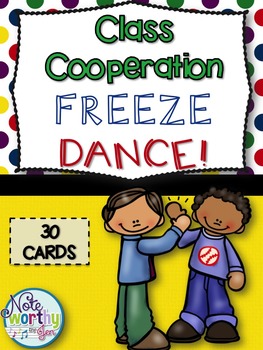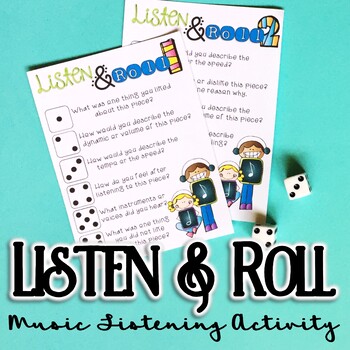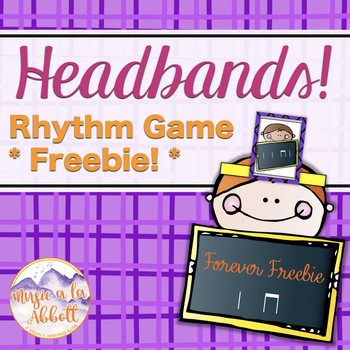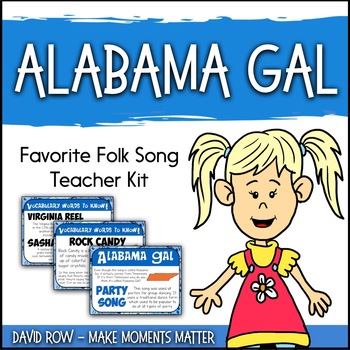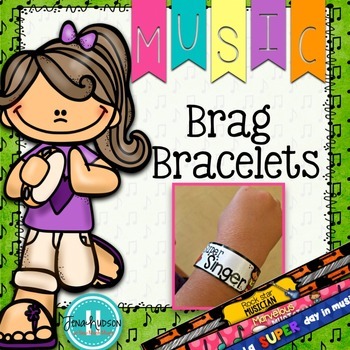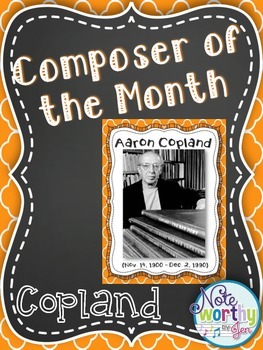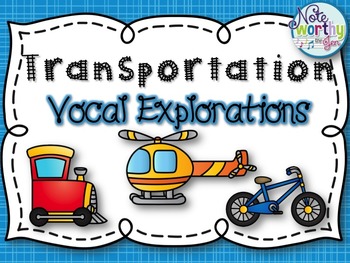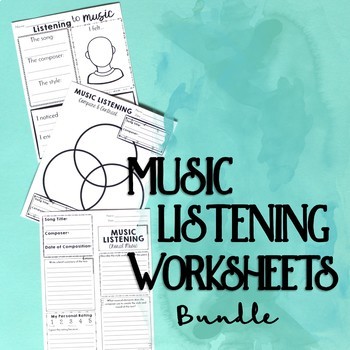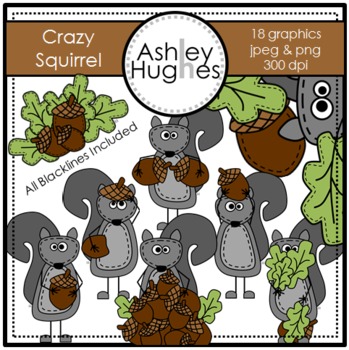I am currently taking my Kodaly Level I course at Central Michigan University and learning so much about the Kodaly process! That being said, I also learned a TON from my Orff level I class at VanderCook College of Music. (I have also trained a bit in Education Through Music and Music Learning Theory--perhaps another blog post in the future!). So, I thought I would throw out a few thoughts about the differences and similarities between the two. This is just my opinion and please keep in mind that I have only taken one level in each methodology, so I am by no means declaring myself an expert :)
Kodaly and Orff Similarities:
1. Great music, mostly based on folk songs and nursery rhymes.
2. Great people in the classes.
3. Great and knowledgeable teachers of the levels.
4. Movement activities.
5. Singing activities.
6. Games.
7. Music notation (though one does a better job of explaining sequencing).
8. Folk dancing.
9. Makes you want to take Level II.
10. Gives you great connections to ask questions in the future.
11. Solfege.
Things I liked about Orff a little more:
1. Instruments.
Kids light up when they are playing them, and even the biggest stinker in the class is finally glued to you so they won't lose their chance to play a barred instrument. Also, let's face it, some people are great musicians but not great singers. I worry that Kodaly might miss those students a little in the early grades.
2. Recorders
I think Kodaly also does recorders, but I liked that I got to start learning how to play the recorder in Level I of Orff. I'm guessing Kodaly doesn't do them until Level III since they are so sequenced :)
3. Movement
Creative movement is an essential element to Orff and I LOVE the expression that comes from these activities in Orff. In Orff, we had part of the day dedicated just to movement every day. There are movement activities in Kodaly, but they seem less playful and aren't asking the students to come up with their own creations. Again, this may happen in later levels for Kodaly, and I'm just comparing the Level I classes.
4. K-5 in Level I
Orff Level I can be applied K-5, whereas Kodaly Level I is for K-1. This makes it a bit more appealing for music teachers who are starting out and want tools to help their entire student body.
Things I liked about Kodaly a little more:
1. Sequencing, sequencing, sequencing.
If you don't know what order to teach things in and how to go about it, this class will save you years of grief. So detailed and it makes sense. If you want to learn more about sequencing in the Orff world, take Orff Curriculum and Design--which was a fantastic class and totally worth taking I might add. But I still think there are a couple of more in-between details explained in the Kodaly method.
2. Prepare, present, practice.
This goes along with the sequencing. I just love the idea that it's okay to keep practicing something over and over again to really nail it! Sometimes I feel like my Orff curriculum jumps a little too fast for students to know what we were doing.
3. Singing and Solfege.
I love the emphasis on the music literacy and musicianship of the teacher themselves. At first I was a little annoyed by it (being honest here, please don't hold that against me). Solfege class tests your sight-reading and coordination abilities. Singing in a choir again after a decade of not doing so--heavenly!! I forgot how much I love alto lines . . . no seriously, I am in love with singing alto. I can't believe I forgot how much I loved making music just for my own satisfaction. Kodaly has brought that back out in me!
Final Thoughts:
Whatever your style of elementary music teaching is, taking a levels course will GREATLY improve your teaching. Please consider taking a level in Kodaly or Orff. Perhaps what I've noted above will help you choose which one is right for you! My personal philosophy is to study as many methodologies as possible and steal the best stuff from each one!! I guess that makes me an Orff/Kodaly/ETM/MLT splat teacher, but I don't think my students mind. They just know they are loved and making great music.
Catch you next time I have something
noteworthy!




